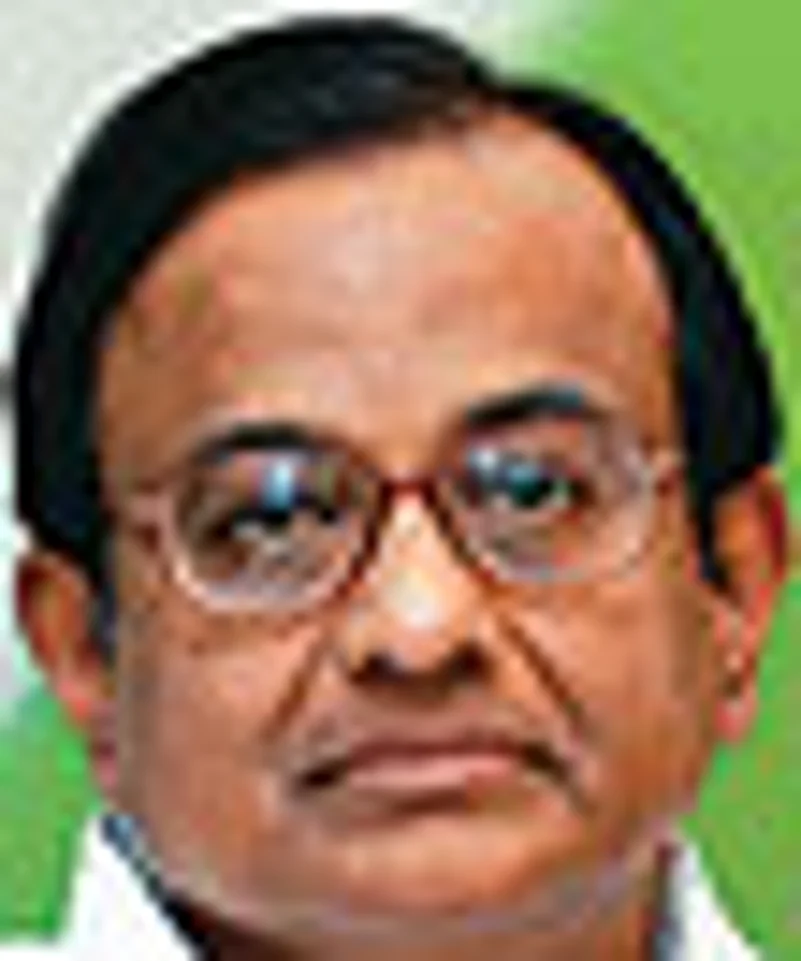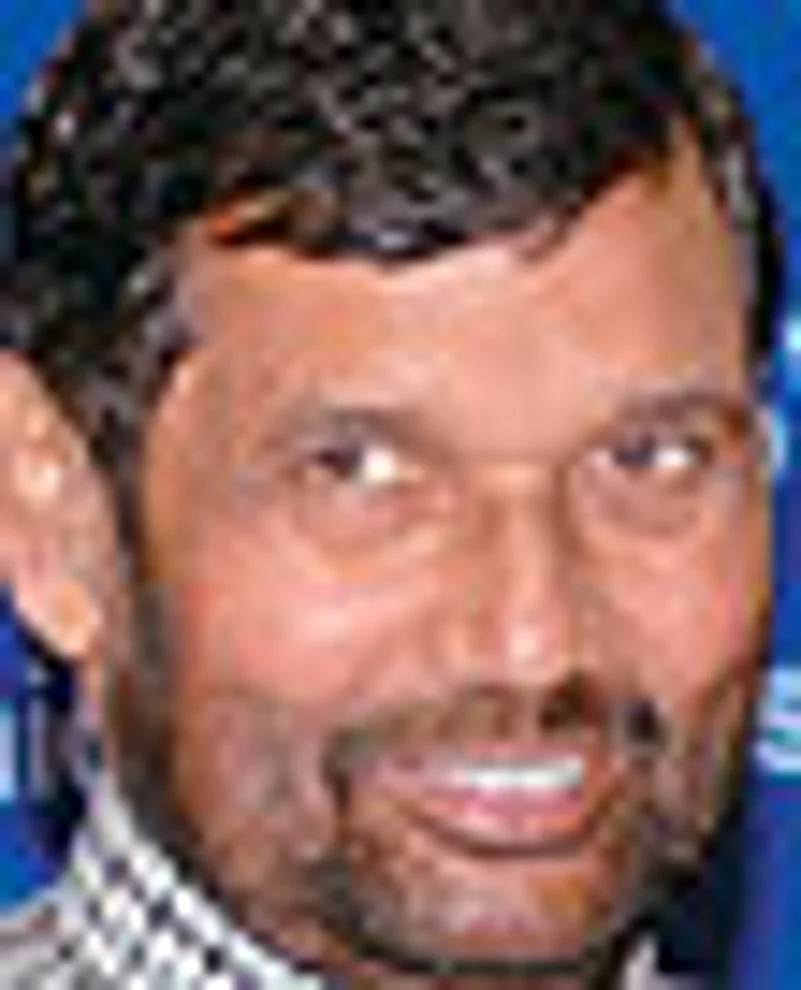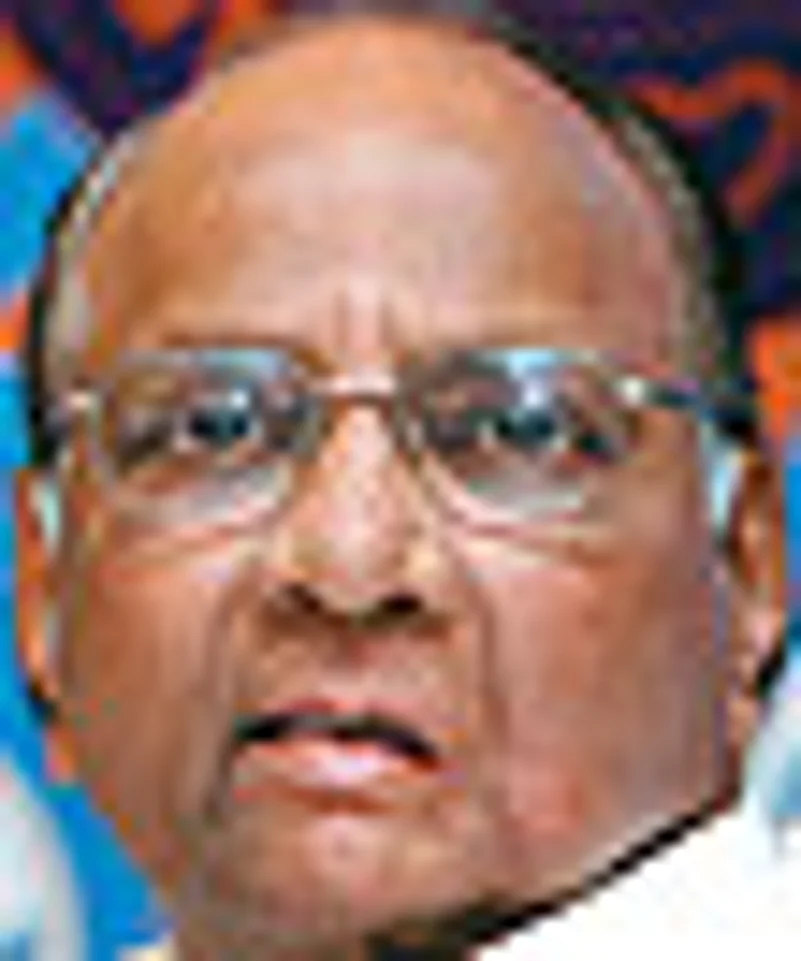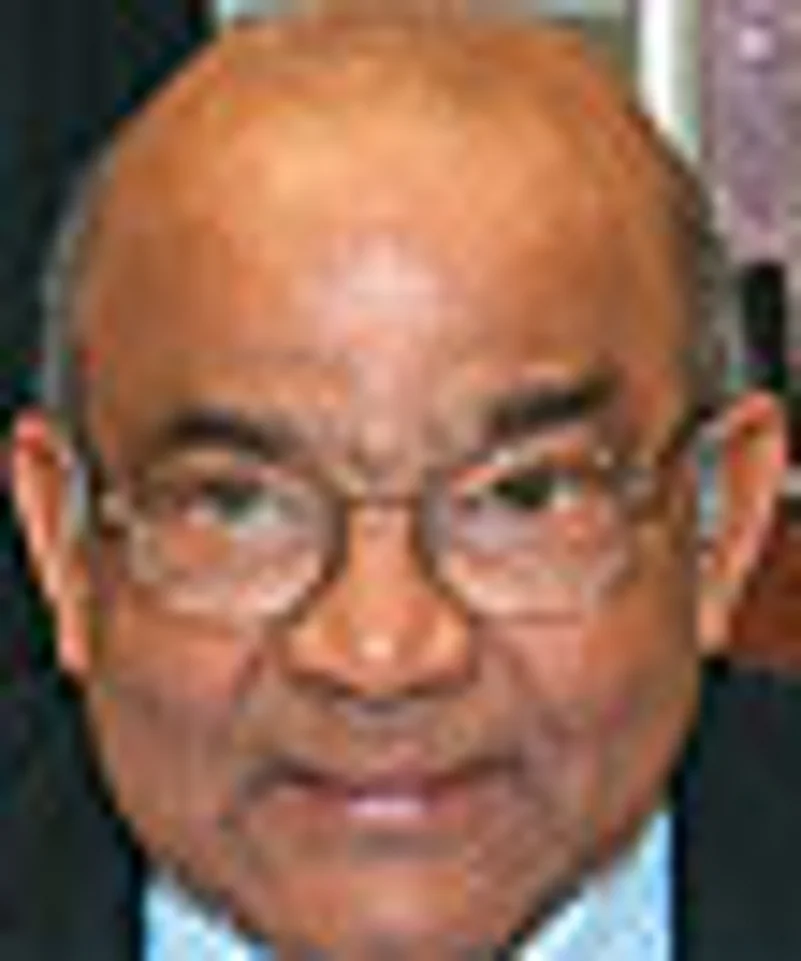
Despite claims, is reluctant to sacrifice "some revenues". P. Chidambaram

Against curbs, not willing to compromise on export targets. Kamal Nath

No action despite threats to make steel industry yield. Ram Vilas Paswan

Shifts onus on states to check hoarding, improve food supply. Sharad Pawar

Sucks out excess liquidity, signals more steps to tame inflation. Y. V. Reddy
***
Suddenly, there's an edge to the battle against price rise. After several weeks of rising inflation—the latest numbers, though marginally lower, don't change the worrying scenario—the action has moved to the streets. It was expected: earnest political posturing, after all, is a natural response to approaching elections. So it's hardly surprising that under pressure, key UPA ministries—from finance and agriculture to steel and commerce—continue to talk tough. Not to be outdone, various industry lobbies are working overtime to establish blame on government policies.
But then, all this has been said and digested many times over during the past three weeks. What has changed is the apparent and growing divide between various arms of the government. This is evident from the fact that the cabinet committee on prices has not even been able to meet to tackle rising steel prices. Senior government officials, always on tap from their war rooms, are suddenly reticent. After a week of various meetings, the matter has now landed on the desk of the prime minister.
Finance minister P. Chidambaram's stance of being willing to sacrifice "a bit of growth" and "some revenues" is at variance with commerce and industry minister Kamal Nath's ambitious target of pushing exports to $200 billion in 2008-09, up from $155 billion last year. Curbing exports is one of the planks of the government's strategy to combat inflation. On the other hand, hit by an appreciating rupee, exporters have been aggressively pushing for more sops. Says N.R. Bhanumurthy, associate professor at the Institute of Economic Growth, "The commerce ministry's aggressiveness in achieving export targets by giving fiscal incentives and keeping the exchange rate from appreciating is one of the policy inconsistencies in managing inflation."
Similarly, while steel minister Ram Vilas Paswan is shouting from rooftops that he is now seeking to curb exports of semi-finished and intermediary steel products—like flats, ingots, billets and hot-rolled coils—it's not a new issue. Industry sources aver there has been no action for the past two years. The reason, according to government sources, is the lack of consensus among key ministers on how to tame the "cement and steel cartel" and bring down domestic prices.
And, contrary to Chidambaram's claim of being willing to forego revenue, the finance ministry has so far not yielded ground on reducing excise duty on steel and steel items. Similarly, the steel ministry has so far not agreed to ban the export of primary steel or ease imports of raw materials. Besides, there is no unanimity on slowing down iron ore exports at a time when domestic industry is facing a supply crunch. The argument—supported by the ministries of commerce and mines—is that much of the iron ore exported is not of a quality used by domestic industry. It's only in the case of cement that the commerce ministry has acted to stem price rise through an export ban.
Meanwhile, under attack in Parliament and outside, the government presented its strategies to protect Indians from spiralling global prices, whether of wheat and rice or steel and crude oil. Are these measures yielding results? The latest wholesale price index for April 5 indicates a marginal drop to 7.14 per cent, from the previous week's 7.41 per cent, which was a three-year high.
Yet experts are not optimistic that improved supplies of food commodities (like edible oil and pulses) through imports will be enough to bring inflation down to the desirable levels of below 5 per cent. Says Shashanka Bhide, senior research counsellor, ncaer, "The inflation rate may be lower for a few more weeks in April and May because of the base effect, but may subsequently rise again in June-August, after which it may come down, given last year's pattern. " A major influencing factor would be the summer monsoon, which is forecast to be normal this year.
What's worrying is that supply constraints of primary articles—foodgrain, oilseeds and minerals—remain the major cause of inflationary pressures. Clearly, more medium- and long-term measures are required. On the food front, unfazed by criticism about poor management, agriculture minister Sharad Pawar has not only resorted to higher imports, but also provisioned for sale of subsidised edible oil through the public distribution system. He too has joined other central ministers in pointing a finger at state governments for not doing their bit to check hoarding.
Pawar has also attacked states that are not utilising funds to raise productivity or procure foodgrains from farmers for the government kitty. To avoid a repeat of the scenario over the past two years, government agencies have become more aggressive in buying foodgrains for buffer stocks. Given the raids against hoarding, private players are understandably low key. Some state governments like Delhi and Maharashtra have finally woken up to the central government pressure for action against hoarders and unearthed considerable stocks of illegally stored foodgrain and edible oil.
The focus had shifted to rbi governor Y.V. Reddy. Not unexpectedly, he announced a 50 basis point increase in the cash reserve ratio (CRR) to eight per cent in two tranches for lending institutions, so as to mop up excess liquidity and tame inflationary pressures. The move will "make credit costly as interest rates may go up. Most banks will wait till April end for the credit policy before raising interest rates," says K. Raghavan, deputy general manager, Indian Bank.
The desirability of using monetary policy to tackle inflation is not an open-and-shut issue for experts. Former rbi governor S. Venkitaramanan says, "The credit policy comes at a time of conflicting objectives—having to control liquidity and maintain growth. A tolerance of higher degree of inflation may be desirable in this era of globally transmitted price signals." Agrees Rajiv Kumar, director and chief economist of think tank ICRIER, "Growth should not be compromised as inflation is transitory. We should not do anything that will kill growth."
Not everyone is in agreement that only higher growth can address the issue of poverty, not inflation control. Bhanumurthy is one of them. Based on his study indicating that high inflation tends to pull down economic growth, he says, "The only way to control inflation is to compromise on high growth, which favours the well-off, given our skewed distribution system."
Since it is not demand but supply constraints that are leading to inflationary pressures, the general view is that Reddy may not increase key interest rates. In any case, if the government is counting on rbi to sort out the mess, it's a risky bet—Reddy has made clear in the past that he is his own master. Clearly, it makes more sense to tackle the dissonance within government.






















